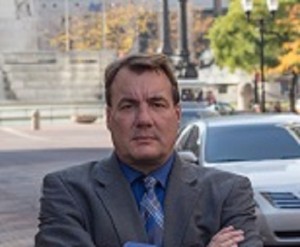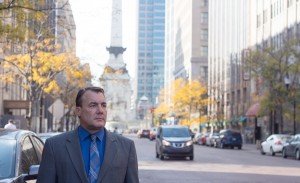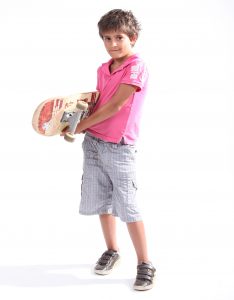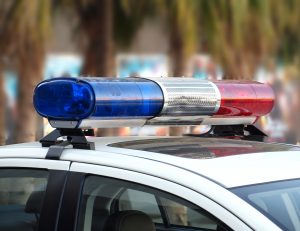
Juvenile Criminal Lawyer 317-636-7514
Frequently Asked Questions
What is Juvenile Court?
Because juvenile crimes are handled differently than adult crimes, they require a special court system structured just for the purpose of managing juvenile delinquency cases. This is called juvenile court, and in this system, most matters are treated as civil or family law matters rather than criminal. This generally alleviates minors of being tried under the state’s penal code for crimes.
Who are Juveniles?
Juveniles are people who are under the age of 18 years old but older than 10 years old. They are also called minors. Common juvenile crime cases range from truancy and shoplifting, to drug possession, underage alcohol consumption, and more.
Do Juveniles Have a Right to a Trial Jury?
In adult criminal court, the United States Constitution gives you the right to a trial jury. However, in juvenile court, this right is not usually granted. Some states do allow it, including Kansas and New Hampshire.
Do Juveniles Get an Attorney?
If we lived prior to 1964, a juvenile could not have an attorney represent their case in court. However, in the 21st century, juveniles are given the right to an attorney, and even given to opportunity to free counsel from a public defender.
Can Adults Be Charged for a Crime They Committed as a Minor?
This is not very common, but it can happen. It usually happens for very serious offenses, such as rape, armed robbery, and other violent crimes. It depends on the age of the offender when the crime was committed, the type of crime committed, the current age of the offender, and more.
How Long Can Juveniles Be Sentenced to Detention?
Just like adult criminal court, the length of time a juvenile will spend in detention depends on the severity of the crime and their criminal priors. There is no limit or typical sentence, but for major crimes, sometimes juveniles are transferred to an adult penitentiary once they reach 18 years old.
Indianapolis Criminal Defense for Minors

David E. Lewis Attorney at Law 317-636-7514




